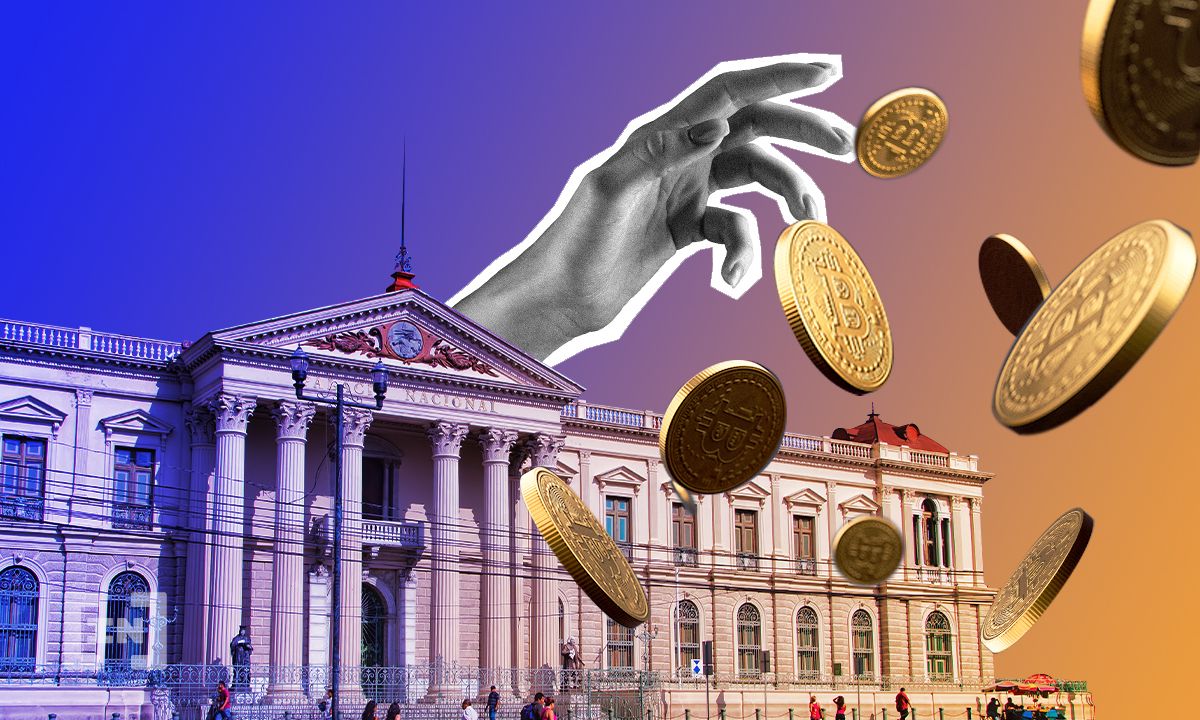El Salvador’s adoption of Bitcoin will not threaten its $1.3 billion loan agreement with the International Monetary Fund, the country’s central bank president said.
According to central bank President Douglas Rodriguez, the country’s adoption will help the cryptocurrency lose its reputation as a speculative asset. It will also establish proof of its use as a legitimate payment system, he added. Rodriguez also expects that Bitcoin’s volatility could actually help the economy grow more this year than the projected 9%.
“We don’t see any risks. Perhaps, upside risks,” Rodriguez said. Bitcoin will “become a payment system, a system for financial inclusion.”
IMF negotiations
Since President Nayib Bukele introduced Bitcoin as legal tender in El Salvador, investors have been closely monitoring the country’s negotiations with the IMF. The highly indebted country needs to make a deal with the lender in order to access international markets next year.
In June, the IMF warned of the financial and regulatory challenges of the country’s Bitcoin adoption. Next month, it will release its latest review of El Salvador’s economy, which could spark new discussion.
Amid these negotiations for the $1.3 billion extended fund facility, Rodriguez emphasized the country’s use of Bitcoin for financial inclusion, for those whom the financial industry typically considers too low-income or high-risk.
Another payment method
Highlighting that more than three-quarters of Salvadoran citizens lack a bank account, Rodriguez noted that adopting Bitcoin has been a way for them to access more payment methods. “We’ve explained openly to the IMF: For us, Chivo and Bitcoin is simply a payment method,” said Rodriguez.
Last month, Salvadorans wishing to use Bitcoin registered with the government for a Chivo wallet, which comes with a complementary $30 in Bitcoin. Opening a Chivo account also requires an identification number, something Rodriguez says the government is working to provide to Salvadorans living in the US. This next step could provide a cheaper way for those living abroad to send money back to El Salvador, he said.
After working in two municipal governments while Bukele served as the capital’s mayor, Rodriguez joined the Finance Ministry in 2019 when Bukele became president, and became central bank chief in September 2020.
What do you think about this subject? Write to us and tell us!
Disclaimer
In adherence to the Trust Project guidelines, BeInCrypto is committed to unbiased, transparent reporting. This news article aims to provide accurate, timely information. However, readers are advised to verify facts independently and consult with a professional before making any decisions based on this content. Please note that our Terms and Conditions, Privacy Policy, and Disclaimers have been updated.


